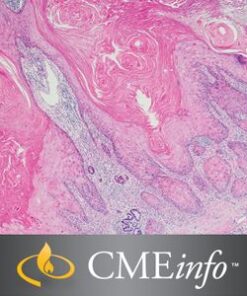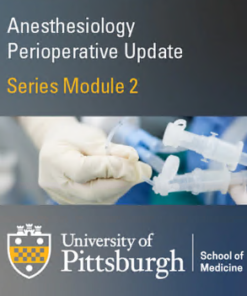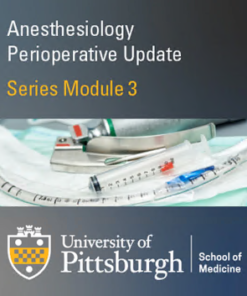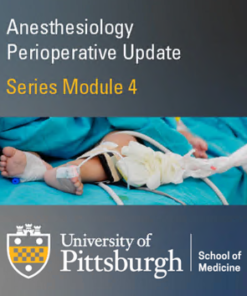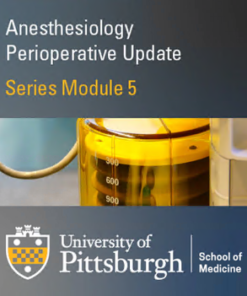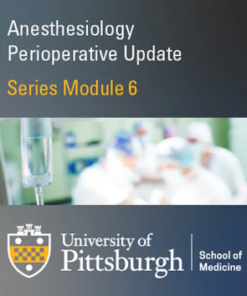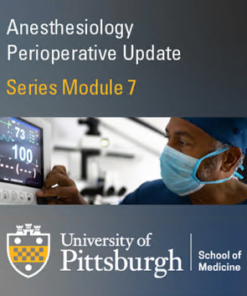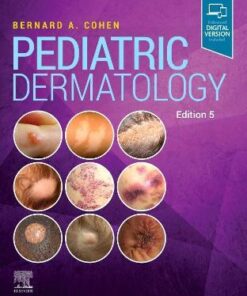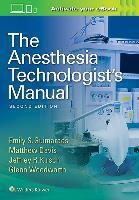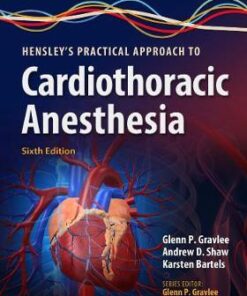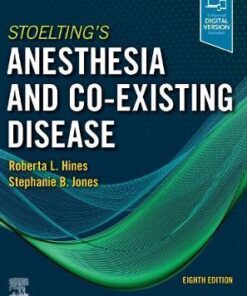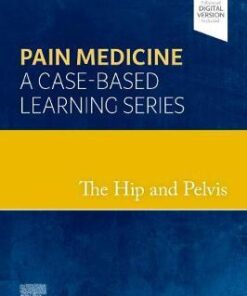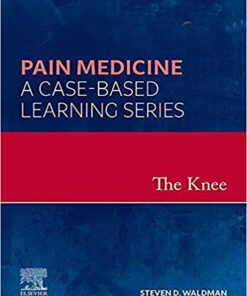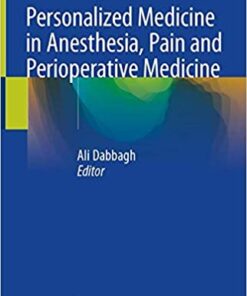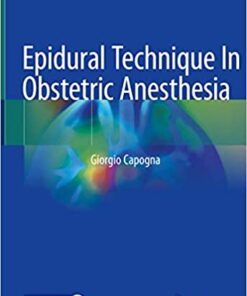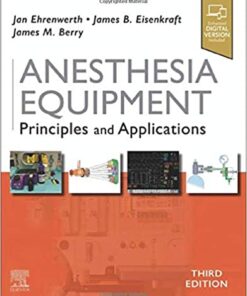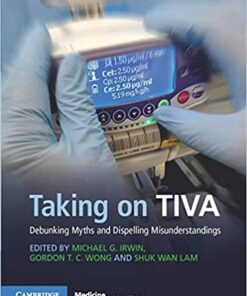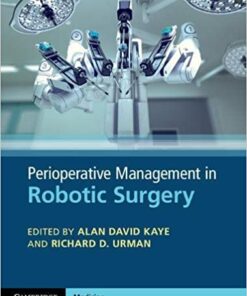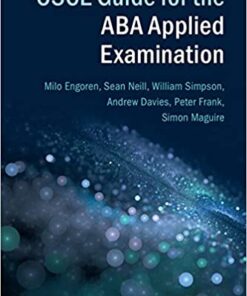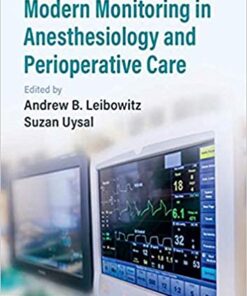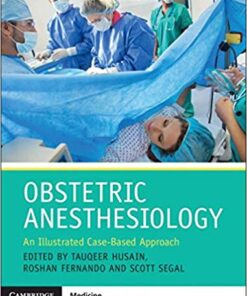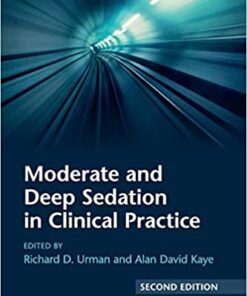ANESTHESIA
ANESTHESIA
ANESTHESIA
Introduction
Anesthesia: A Comprehensive Review is an essential resource for anyone preparing for the American Board of Anesthesiology (ABA) certification or recertification examination. This comprehensive book provides a thorough review of all aspects of anesthesia, including pharmacology, physiology, and clinical practice. It covers the latest advances in the field, such as regional anesthesia, ultrasound-guided nerve blocks, and new techniques for airway management. With over 1,000 multiple-choice questions and answers, this book is an invaluable tool for any anesthesiologist looking to stay up-to-date on the latest developments in the field.
The American Bison, also known as the buffalo, is a large mammal that is native to North America. It is the largest land mammal in the United States and Canada, and is an iconic symbol of the American West. The bison is a member of the Bovidae family, which includes cattle, goats, sheep, and antelopes.
Bison are typically brown or black in color, with a shaggy coat of fur that helps them stay warm in cold climates. They have a large head with short horns, a humped back, and a long tail. Adult males can weigh up to 2,000 pounds and stand up to 6 feet tall at the shoulder. Females are smaller, weighing up to 1,000 pounds and standing up to 5 feet tall.
Bison are herbivores, meaning they feed on grasses, sedges, and other vegetation. They are grazers, meaning they eat small amounts of food throughout the day. They travel in herds and migrate seasonally in search of food and water.
Bison were once abundant across North America, but their population was drastically reduced by hunting and habitat loss. Today, there are estimated to be fewer than 30,000 wild bison in the United States and Canada. Most of these animals live in protected areas such as national parks and wildlife refuges.
The American bison is an important part of the history and culture of the United States. It is a symbol of strength and resilience, and its image has been used on coins, stamps, and other official documents. The bison is also an important species for conservation, and efforts are being made to protect and restore its population.
Conclusion
Anesthesia is an essential part of modern medical care, and the book Anesthesia: A Comprehensive Review provides a comprehensive overview of the field. It covers topics such as the history of anesthesia, the different types of anesthesia, and the various techniques used to administer it. The book also includes detailed information on the risks and benefits associated with anesthesia, as well as tips for avoiding complications. With its clear explanations and helpful illustrations, Anesthesia: A Comprehensive Review is an invaluable resource for anyone interested in learning more about this important medical specialty.

